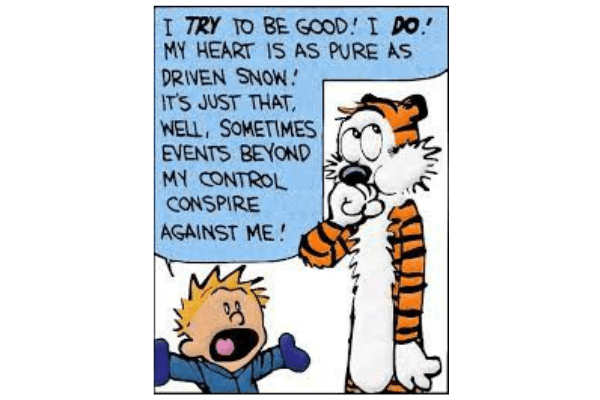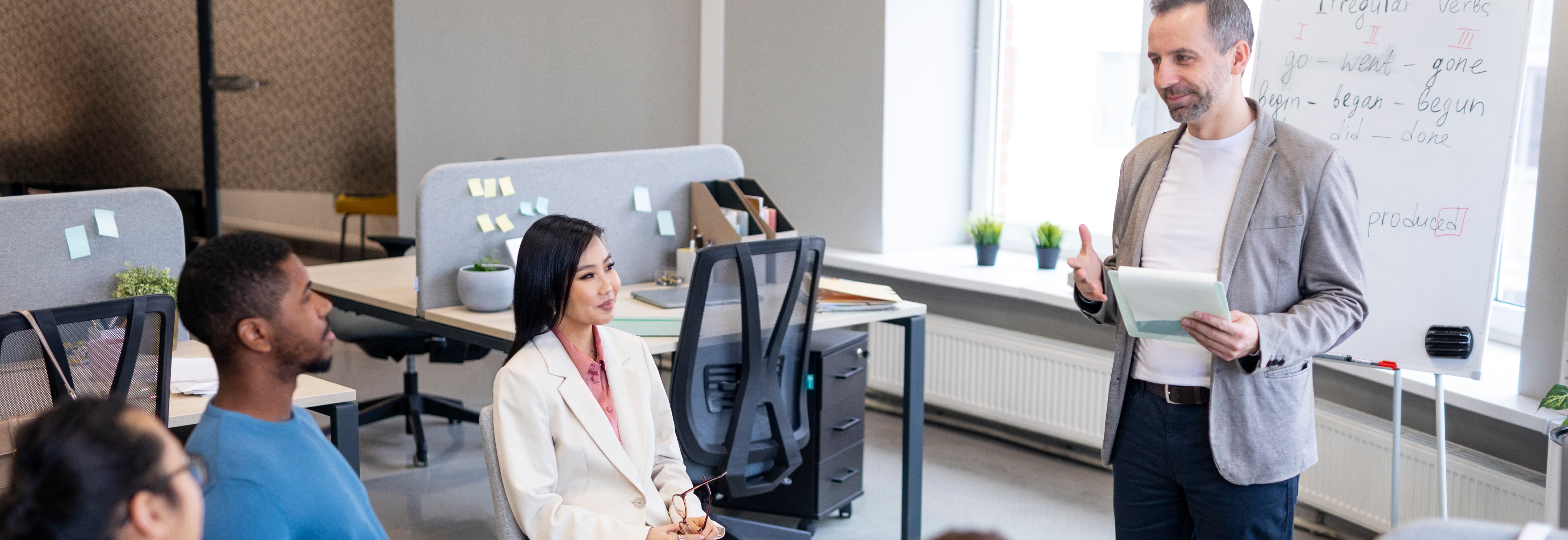This sounds like a fairly easy-going line, but undoubtedly it has been one of the most important pieces of advice I received just before delivering my first workshop at FocusU, and it is as valid today as it was then.
Imagine you are a Facilitator. You have thoroughly rehearsed the scripts/activities and even timed it to perfection, and then at the last minute the conference organizers inform you that they are running late and you would need to shave off just 1 hour from your 2-hour allotted period!
Or imagine you land up on the morning of the workshop and just 10 minutes before the start, the leader wishes to discuss the objectives and expected outputs and you realize it’s radically different from the planned sequence of events for the day! (Never mind wherever this leader was over the last one month when the design was being finalized or the umpteen conference calls you had with other ‘key stakeholders’ from that organization in the run-up to this workshop!)

Let’s take yet another common occurrence during process facilitation workshops, wherein the discussion takes a sharp, tangential direction that you could never have accounted for. For example, there may be some critical undercurrents among the participants towards the senior management team that the organizer fails to mention, but later show up in the conversation!
Invariably, one can panic and flounder during such dramatic, though not wholly uncommon, situations.
Hang Loose. This one mantra (call it motto/slogan, or whatever you will!) can firmly anchor you in the choppy sea of dynamic changes and the resulting agitation.
Derived from the Hawaiian Islands, hang loose or “shocka” is used as a non-verbal expression or greeting to tell the recipient that every thing will be okay and to relax.
So how does one hang loose in reality?
- “Sweat in peace, so you don’t bleed in battle”

A popular dictum in armed forces around the world, this simple yet powerful statement holds true for L&D/OB practitioners as well. Rehearse all possible scenarios, including time constraints, logistics issues, space crunches, and participants’ background/context then get your plan B, C, D… in place. As a thumb rule, prepare a few backup activities/sessions and brief your fellow team members so you can quickly change gears and adjust to the new situation. Effectively, one can “hang loose” during the program only after sweating it out before, during the preparations.
- Take snap judgements and make instinctive decisions
In his landmark book, Blink, Malcolm Gladwell states “…we need to accept the mysterious nature of our snap judgements. We need to respect the fact that it is possible to know without knowing why we know and accept that — sometimes — we’re better off that way.”
Essentially, during moments of extreme stress, our snap judgements and first impressions can offer a much better means of making sense of the world and arriving at good decisions. As facilitators, it’s absolutely critical to trust your instincts and “thin-slice” situations to take instant decisions. Mind you, behind these irrational and seemingly on-the-fly calls, all your training and experience is playing out (which brings us back to the first point – keep sweating it out). So trust yourself and take that decision immediately. Otherwise you might “hang tight” at the uncertainty and ambiguity around the situation, remain stuck, and further magnify your stress-level without resolving the situation at hand.
- Sense of humour
For a facilitator, the ability to laugh at oneself and at the situation can reflect your positive, calm attitude and that can make all the difference in a stressful situation.Studies have proven that those with a good sense of humour tend to be more creative. At a deeper level, as a facilitator it’s extremely vital to know yourself, accept your shortcomings and move on. An ability to laugh at yourself means you are more in touch with your authentic self and hence, can accept yourself and other situations as well.

So the next time you face a crisis situation, do not hang yourself just yet! Rather, hang loose and hang in there!









